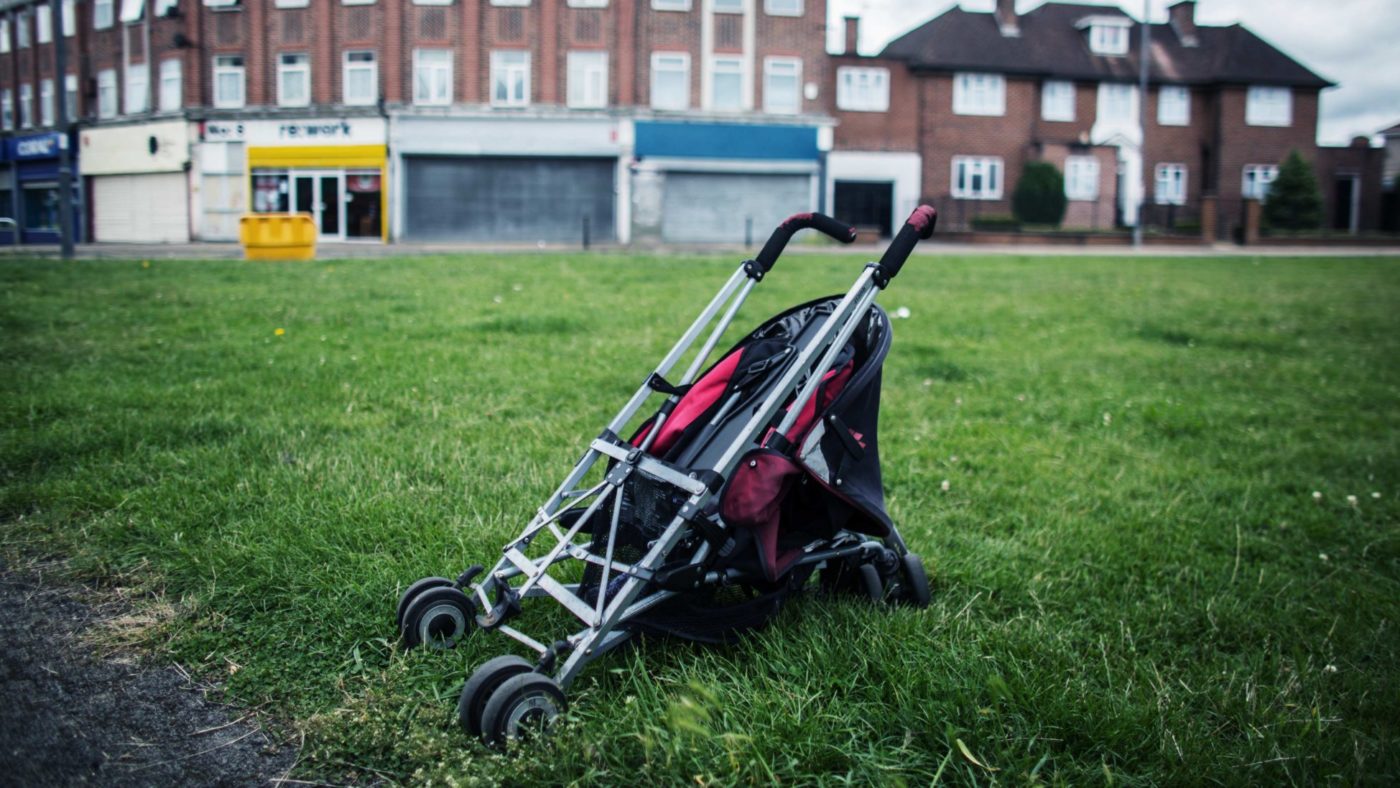Some 70% of the British population has risen up out of poverty since 1960. Poverty has increased in Britain since 1960. Only in a world where we get to make up our own definitions of poverty can both of these statements be true. So, welcome to the world we inhabit, one
where such definitions are indeed made up.
This is the problem that the Social Metrics Commission has spent more than two years trying to solve, by coming up with a measure of poverty that we can all agree on.
Sadly, they have failed. The Commission has not grasped why it is that we can simultaneously observe falling poverty but see reports that things are getting worse.
The essential difference here is whether you think poverty means ‘people not having very much’ or ‘people having less than some others’. The second option is not poverty at all, but inequality. The state of the country makes a lot more sense if we continue to call inequality by its name and not confuse it with poverty.
Of course, those who resolutely insist that the rich pay more tax so the state may shower beneficence upon the poor have an interest in making things seem dreadful. After all, If there’s no actual poverty, hiking taxes is a much harder political sell.
And it’s worth reminding ourselves that the kind of grinding destitution we still sadly see elsewhere in the world has been all but eradicated in the UK. As the Labour MP Barbara Castle pointed out as far back as 1959: “The poverty and unemployment which we came into existence to fight have been largely conquered”. Since she said that, of course, living standards have gotten vastly better.
Ironically, it was the huge material improvements in our lives that led to the switch from measuring actual standards of living to measuring relative poverty, which has in turn allowed a wholly unrealistic portrait of Britain to arise.
The generally used classification for someone being ‘in poverty’ is that they live in a household where the income is less than 60% of national median – this is by definition a relative measure. We do also have a measure of absolute poverty – people living on less than what 60% of median was in 2010 adjusted for inflation. That has the merit of being a measure of an actual standard of living rather than one of inequality.
The difference between absolute and relative measures of poverty is what allows the wildly contradictory statements with which I began. In 1960 some 85% or so of the country lived at below, adjusted for inflation, that 60% of median income in 2010. In 2016 perhaps 15% of
the country did. We’ve thus had an entire 70% of the population climb up out of poverty over that period of time. Bear in mind too, that the population is far bigger now than six decades, and the strides we have made become all the more evident.
Yet according to our relative poverty measure – less than 60% of median income in any one year – poverty has risen, from perhaps 14% to 20% or so of the population (the precise figure depends on whether we take housing costs into account). It is this anomaly which allows those shrieks about rising poverty, when quite obviously poverty has been decreasing. It is inequality which has been rising, and doing so more slowly than poverty has been declining.
The SMC is attempting to enter this statistical bear pit and find a measure that can command universal approval. They have also made some striking observations about the struggles faced by the disabled, as Stephen Brien set out here at CapX yesterday.
There are some technical problems which they’ve not quite noted. But those are trivial compared to the much bigger problem that they have opted for a relative poverty measure. They plump for 55% of median household income, but that makes little difference – any relative measure is by definition going to be one of inequality, not one of poverty.
The SMC do actually note one of the absurdities of this way of doing things, which is that during the recession child poverty fell. It was not because any children were less poor, but because richer children became less so. The kind of poverty metric which falls when more people become poorer should really not command much confidence.
What we actually need, and the test that the SMC failed, is a measure of absolute poverty that we all agree upon. Then we can measure our success in everyone getting richer over time, which is rather the point and purpose of our having an economy in the first place.
If we do want a measure of inequality, we have one readily available. And by insisting that we call it inequality, we can measure how much people want to do about it.
For although we’ll all happily contribute to alleviate destitution, I suspect rather fewer are worried about, or happily pay the tax bill for, the kind of inequality where virtually all children have a roof over their heads, three square meals and an education, while only some have a third pair of trainers.


